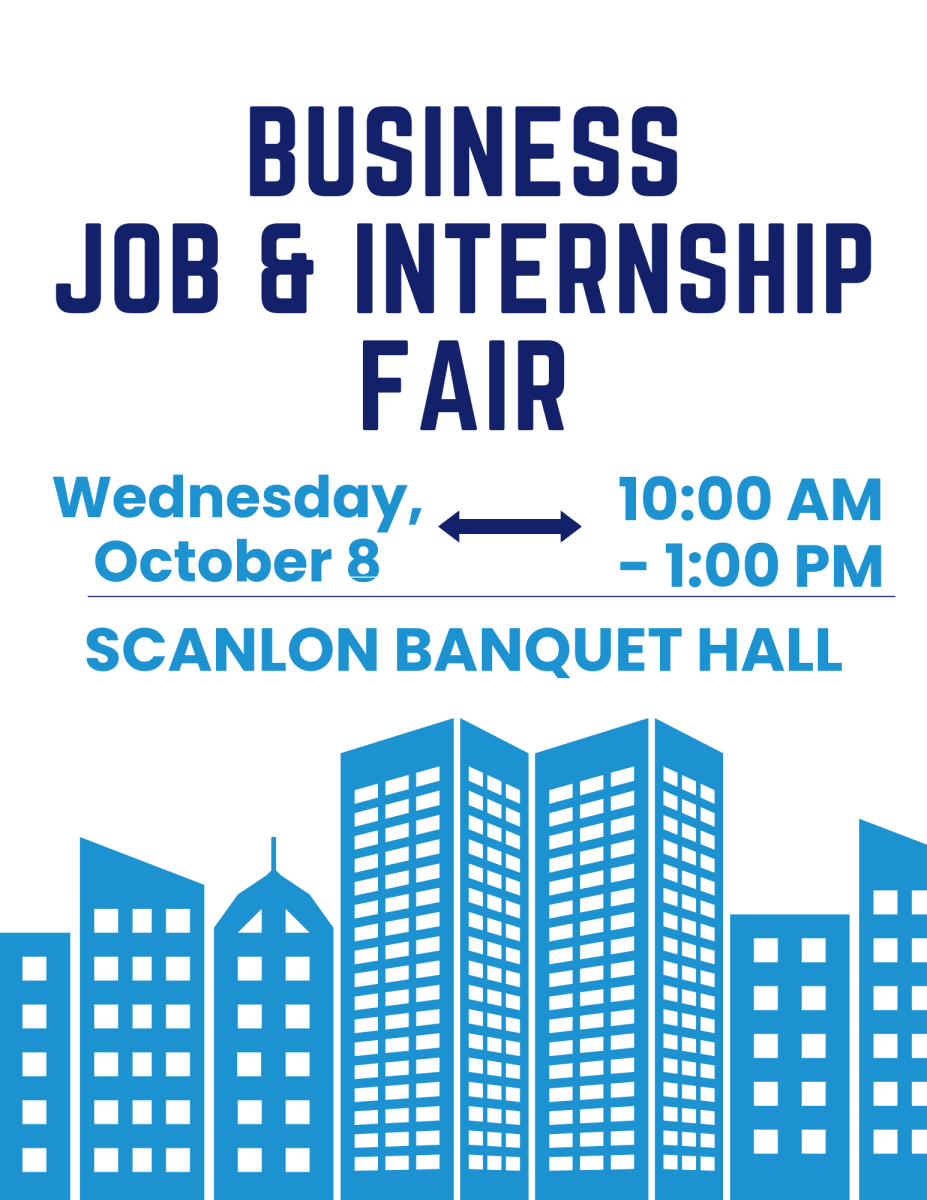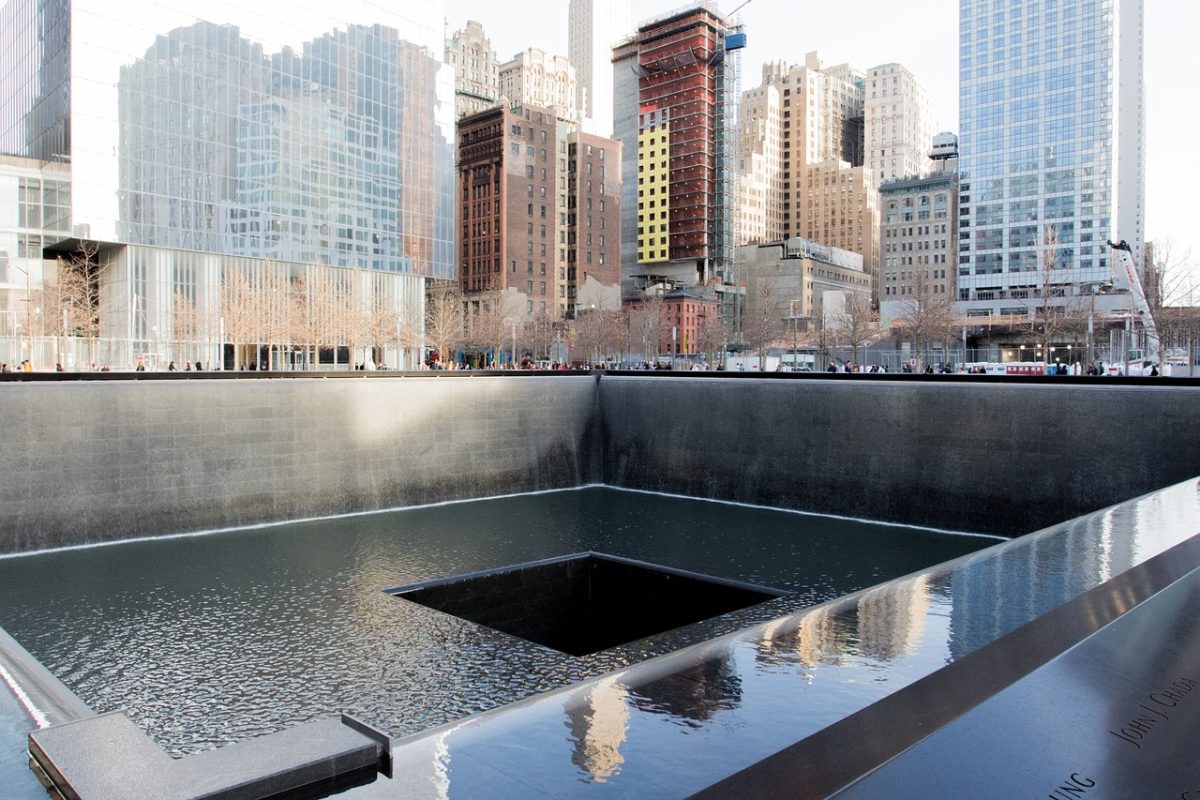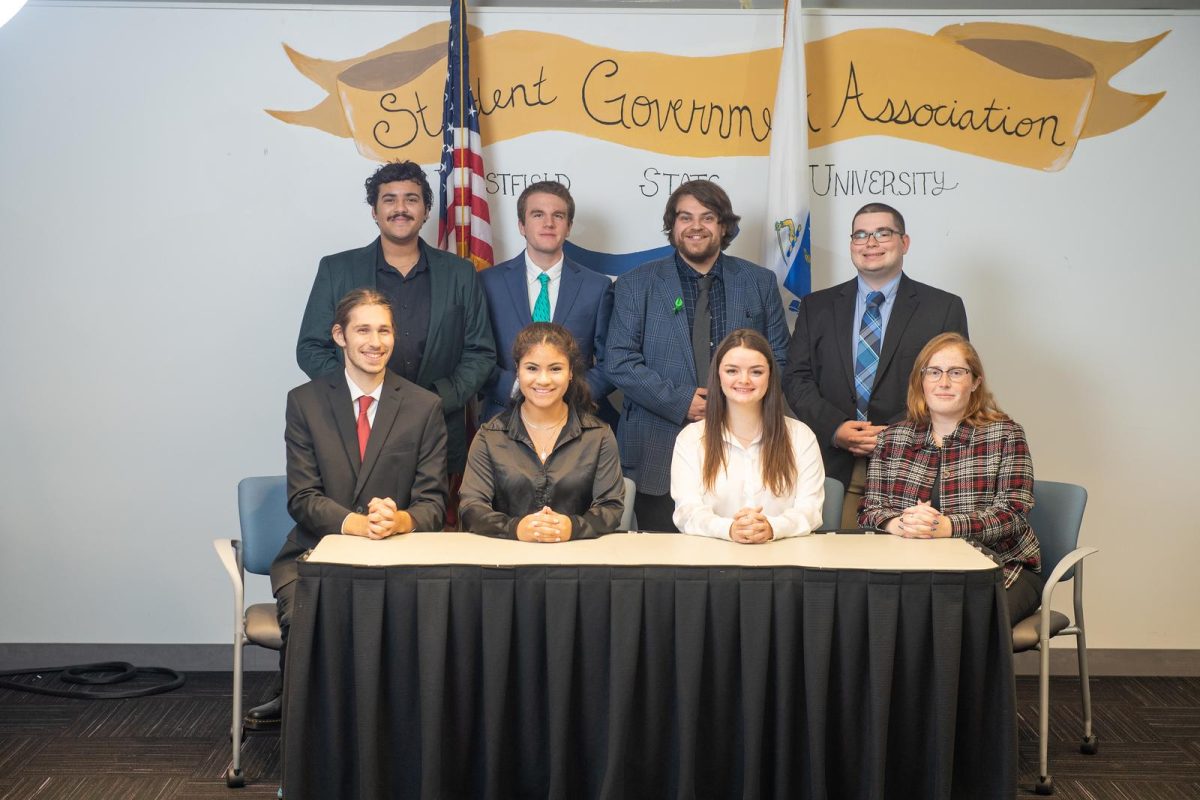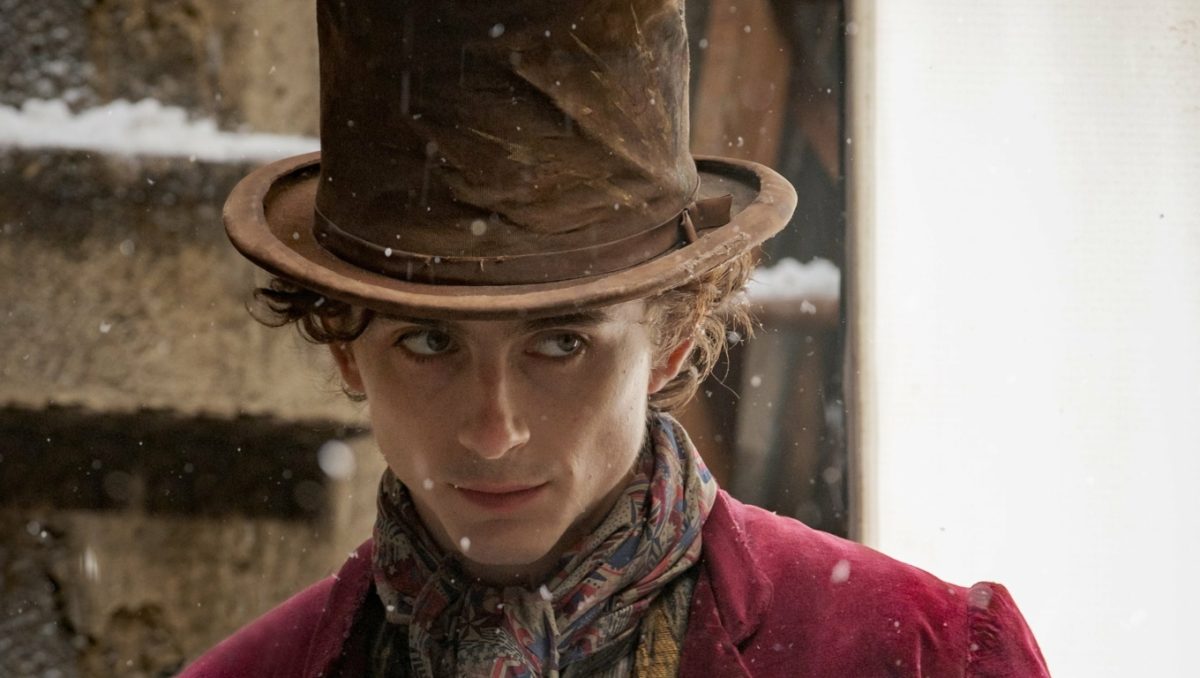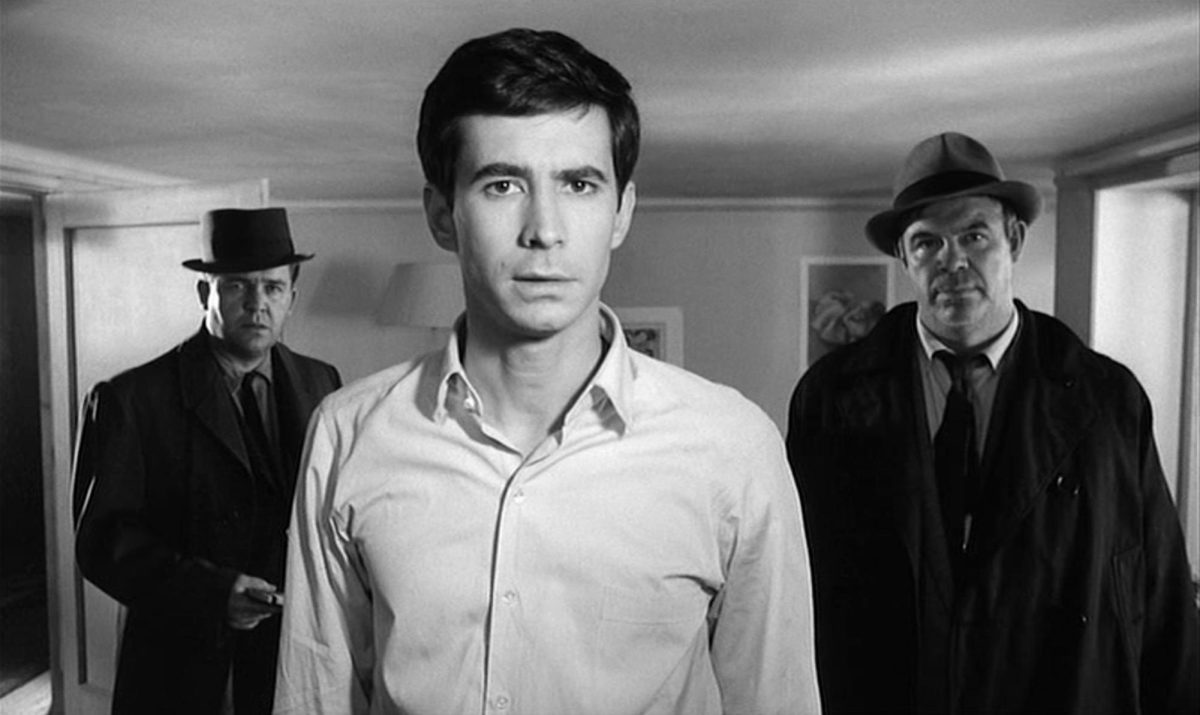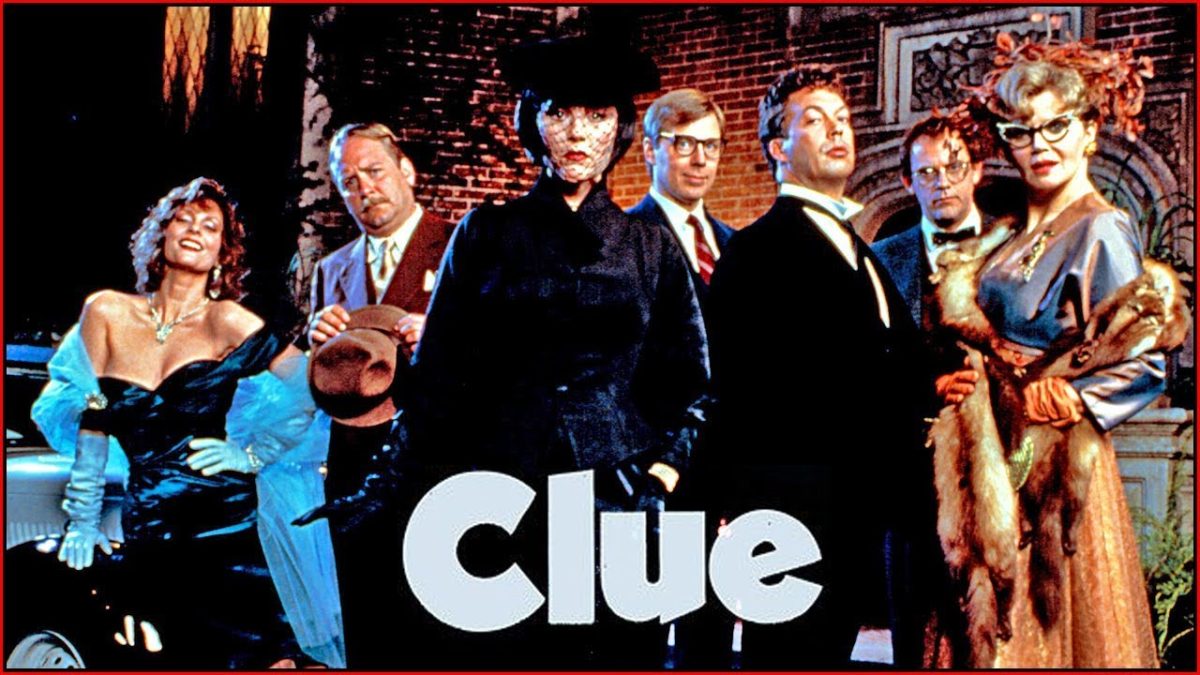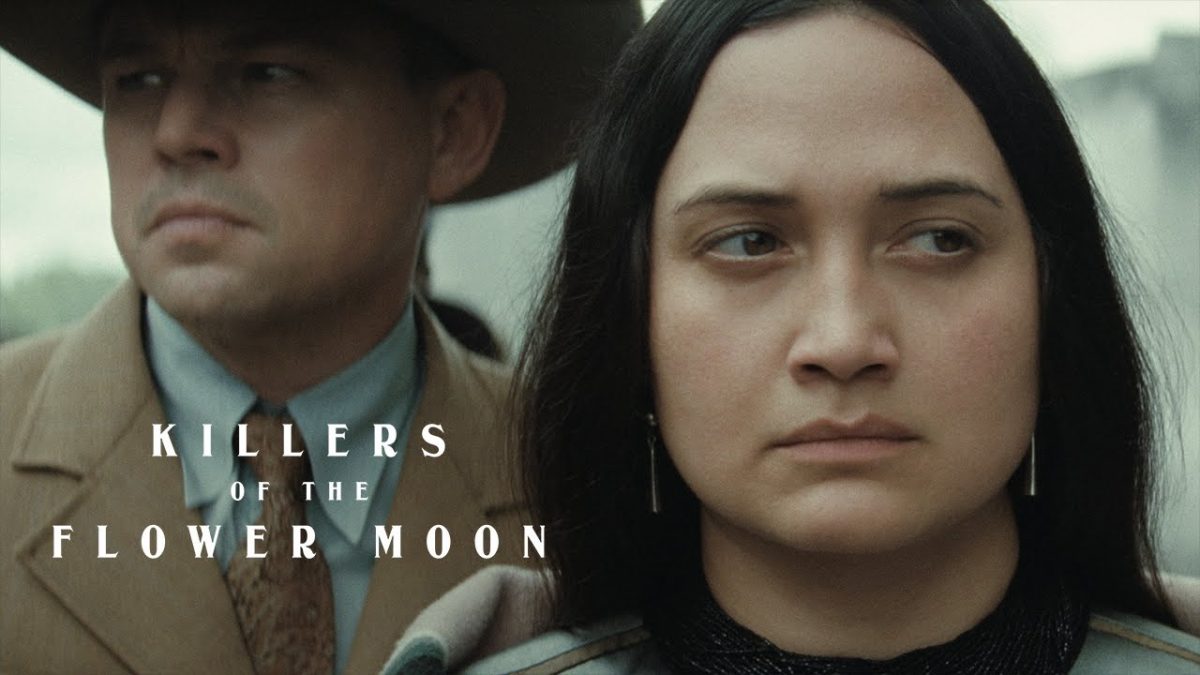Stock Image provided by Donald Tong.
Over a Zoom interview, Avory Luna and I met in our own dorm rooms to talk about his passion for theatre. His name and contact information was provided to me by a former classmate, so I was unsure what to expect. He popped into the other window on my Zoom screen, his hair vibrant pink instantly giving a glimpse into his creative personality. I was met with a friendly smile and welcoming small talk prior to our interview.
I then discovered that Avory is a senior at Westfield State University, studying for two Bachelors’ degrees – one in Communications and one in Theatre. He entered his freshman year as a Business major, interested in marketing, but over time his love for theatre intensified until it became a stronger interest for study. This semester, he is the president of the Student Theatre Association, a group that is currently working on a remote production of Chevok’s “The Bear.” He seemed eager to answer questions about his relationship with performance arts, so I dove right in.
Meag: First, just for context, what does your role in theatre typically look like?
Avory: Yeah, um, as of right now, I’m actually the Student Theatre Association president. Otherwise, I work in the technical aspects, like the really great stuff behind the scenes. I mostly do lighting and sound, so whether it’s setting them up or whether it’s getting the gels, it’s just that behind-the-scenes work that really gives the “pizzazz.”
When I searched for someone to interview, I wanted to highlight two major elements in the artist I chose: I wanted to showcase a student and someone who worked behind the scenes. My goal for this interview was to highlight someone who works in the shadows in a production. When I heard that Avory Luna’s work in productions includes so many elements of this work, I could not contain my excitement!
With his involvement in Westfield State University production going back three years, speaking to Avory about theatre made it clear that this is a passion for him. Further, his role as president of the Student Theatre Association summarizes the dedication Avory Luna feels toward the stage.
Meag: So, out of curiosity, when did you become involved in theatre productions?
Avory: Uh, originally I started in high school because, of course, I had some friends in band and some of them did theatre, and I just transitioned over. Then, I actually didn’t do theatre at all. I came in as a business major, but one of my friends was like, “Oh, you did theatre in high school? You should come to a paint call!” And then from there I just got involved in more shows that were on campus, then I realized how much I really hate business. Then, soon I became a theatre and communications major after going around the campus, a few internships, and getting to work on every show that was possible.
Meag: That’s awesome! What responsibilities and tasks do you have in productions?
Avory: Oh god so many!
His laugh is a mix of nerves and pride. He pauses to think for a second before exhaling nostalgically with his response.
Avory: Um, it’s so great getting to work alongside your professors. If I’m working on sound for a show, I have to – of course – first read the show. Then I have to talk with directors and other people on the creative team to decide, like, where we want to put sound effects, and if we do, like, how abstract or if we want to do recordings of people’s voices – really what we need to, like, set the mood of where the show is. On top of that, we also have to physically put up the speakers, wire them all through the grid, and then back down into the soundboard in the little island we usually have, and if not it’s in a booth in the back. And, if it’s lighting, it’s just a matter of getting every single light up, following the plot, making sure the colors get in right, and – shit I’ve also stage managed.
I cannot help but laugh with him. He takes another pause to get his thoughts straight and shakes his head, his smile glowing. I reassure him that it’s okay if he does not cover every single detail, explaining that I just want to know whatever he can remember. He laughs again, softer this time.
Avory: It’s – I know! Just making sure everyone gets there on time and that everyone is having a good time and that you’re working with everyone to, like, not just make a decision, but to, like, cohesively make a whole show.
I pause before I dive deeper into my questions to give him a break, and we make some more small talk. Then, I continue on with my next question.
Meag: Did you have anybody in your life that influenced you to join theatre? It can either be somebody personally in your life or even someone famous that you look up to.
Avory: Uh… Honestly it was mostly just the people around me because my friend, Joel, is the reason I even went to that paint call, and they also changed their major to theatre. [He lets out a laugh.] As the year went on, before this, we actually had, I think, like three sessions where we just like cried it out, like, “man, if we make this decision, our families are gonna be pretty pissed!”
Meag: Oh gosh!
We both laugh for a moment at the scene he just painted: Avory and his friend, both first-year students at Westfield State, sitting in a dorm room making the stressful decision that so many students make – changing their majors – knowing full well the stigma that is carried with a Theatre major.
Avory: You know, it was just someone to join me in those tiny things! It was like, “man, like, I can’t just do this.” Then, on top of that, once I got into theatre, the professors were so nice, and the entire time, like, they would help you find jobs and constantly reassure you. If you just needed someone to email – or even, like, text because they give you their numbers – at, like, 2am to say, “I’m just stressing about this,” it’s a great support system with, like, the fellow students. Then, after, of course, finally getting my family to see some of my work and getting their support like, “wow, this is actually amazing,” and I’m like, “yeah! You see why I love it!” It was great to see it locally, then develop into a system from just one person crying alone with me.
Meag: Yeah! So, what kind of future are you looking for with theatre?
I was afraid to ask this question. I worried it would put pressure on him, since it is the type of question all college students avoid at Thanksgiving dinner. His reaction surprised me, as his smile grew in watts.
Avory: That’s the best part: I don’t know! There’s a lot more possibilities than I thought! Um, I could be a production assistant, or a production artist – which, one is hands-on or one is at a desk where I order what the show needs and make a list of, like, who needs what. Uh, we took a field trip to Show Motion, this place in Connecticut where they build broadway sets, and the guy literally said, “we’re always hiring.” Um, I, I also am a carpenter and an electrician now because of my theatre work, so I could do that if I just need a trades job. Or I could just freelance and just go to random towns and shows or go on tour and just load on music stuff and lights for bands. Or, honestly I could become a professor, which I thought about a few times because I love the ones that have taught me so far!
Meag: Yeah, that’s great! I had no idea how many options there were. So the next question I had was how has theatre shaped you as a person, which you have kind of already touched on. Is there anything else you would add?
Avory: It makes me more inclined to hear everyone’s stories, honestly. I don’t know, theatre just makes you – especially when you’re a tech-y – makes you realize that every little key factor matters. Whether someone does something, or how something is shown – honestly, everything is interesting if you really know the dynamics behind it all. So, I thought I was open and friendly, but now I’m even more inclined to see what is going on behind just the title most people hold for something.
As the Fall semester approaches its hinge for college students, Westfield State University continues to operate with an on-campus presence for residential students and staff, while classes are mostly taught remotely. In my conversation with Avory Luna, I was curious about what behind-the-scenes work for remote plays look like during a pandemic.
Meag: That makes sense, yeah. So, are you working on a production currently? And if so, how is that going with the pandemic?
Avory: I’m actually currently working on two productions.
Meag: Oh wow!
Avory: The Student Theatre Association is putting on our own show, uh, it’s “The Bear” by Chekhov. Uh, that’s interesting because it’s all on Zoom. Um, as of right now, I’m the only board member, so that’s why I’m trying to make that work. I’m doing, um, I’m the scenic designer as well! So, that’s also another thing that’s gonna be fun to, like, try to adapt to on Zoom. And it’s just, it’s really interesting to slowly work with everybody because it’s a process. Then, I’m also working on the Department’s show. It’s a show that’s about the current times and what’s going on, and I’m doing the sound for that. It’s just so cool because we’re learning about a whole new system that lets you control everyone’s audio through Zoom through one computer for, like, sound effects and things like that. It’s cool because we’re taking courses; I’ve met people who have, like, helped start Zoom, so it’s interesting learning everything. It’s theatre! We progress, and we adapt like every job!
Meag: That’s true! Now, I have one last question: what do you want people to know about what goes into the behind-the-scenes aspects of a production?
Avory: Um… I would want people to know… I would say that… I need to think of the…
Avory pauses, then explains that he needs a moment to get his thoughts in order. I apologize for such an open-ended question and laugh, to which he laughs too, noting that as a Communications major, he understands the value of this type of question. He pauses again for a few moments, then shrugs.
Avory: Um, honestly, I want people to know the attachment and the real dedication behind every little object. When you see a show go up, there’s a reason for everything. Whether it’s the sound of leaves crunching when you walk in, or a family portrait on the countertop, like, how someone delivers a line, why they’re wearing, like, a gross sweater-vest or something – just seeing everything and the reasoning behind it. You don’t always catch it the first time you see it, and you might not even catch it until you read it, but, like, seeing how it really all forms together into something that, like, everyone can commit to and hopefully the audience can connect to.
The interview ended with small talk, Avory asking if he will see me in the audience anytime soon. I said something along the lines of, “Oh, of course!” which cements my plans to attend the upcoming productions by the Westfield State Student Theatre Association and the Theatre Department. Overall, I was impressed with Avory’s passion for theatre and all of the aspects that go into a single production – he values his experiences and involvement, as well as the people he works with.
So, if you decide to attend either production this semester – which you should! – try to look out for all of the little details that make a single scene. There is time, energy, and thought behind each and every decision, so let’s appreciate it.
